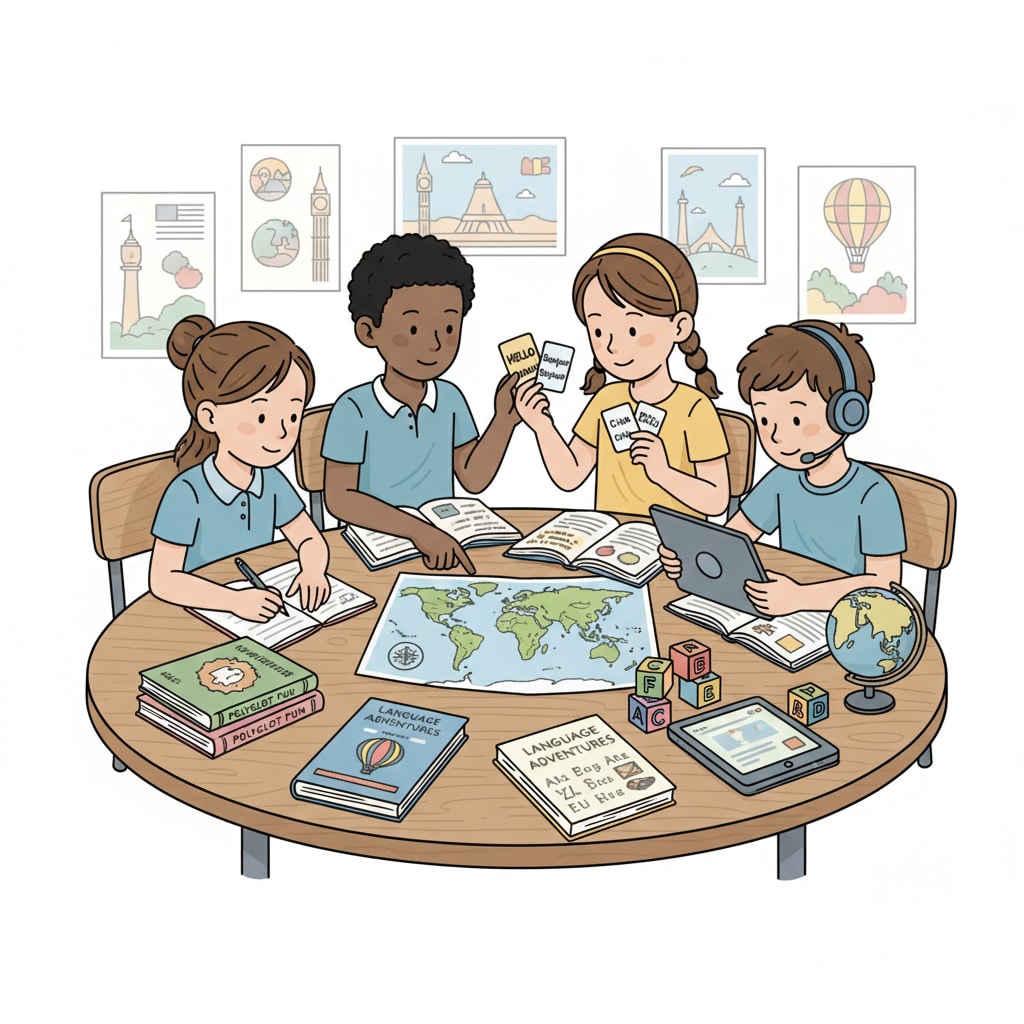Language learning, knowledge value, cultural exploration are intertwined aspects that hold great significance, especially during the K12 stage. Language is far more than a mere tool for communication; it serves as a portal to diverse knowledge and cultures. In the K12 educational journey, fostering effective language learning can open up a world of opportunities for students.

The Multifaceted Role of Language in K12
In K12 education, language acts as a cornerstone for various aspects of learning. Firstly, it is a vehicle for knowledge acquisition. Through different languages, students can access a vast array of information from around the globe. For example, learning English allows students to explore scientific research, literature, and historical records from English-speaking countries. According to Britannica on Education, language proficiency in multiple languages broadens students’ intellectual horizons and enriches their understanding of different fields of knowledge.
In addition, language is a key to cultural exploration. Each language is deeply rooted in its own culture. By learning a language, students can gain insights into the customs, traditions, and values of the people who speak it. This cultural exposure helps in developing empathy and a global perspective among K12 students.
Transcending the Boundaries of Traditional Language Teaching
Traditional language teaching often focuses on grammar rules and vocabulary memorization for the sake of exams. However, to truly realize the knowledge value and cultural exploration potential in language learning, a shift is needed. Educators should adopt more immersive teaching methods. For instance, using authentic materials such as movies, songs, and real-life conversations can make language learning more engaging and practical. As stated on Language learning on Wikipedia, immersive learning environments can enhance language acquisition and understanding.
Moreover, incorporating project-based learning and cultural exchange activities into language classes can help students apply what they have learned in real-world scenarios and experience different cultures firsthand. This way, language learning becomes a dynamic and interactive process, rather than a passive memorization exercise.

In conclusion, language learning in the K12 stage is a powerful tool for unlocking knowledge value and enabling cultural exploration. By reimagining language teaching methods, we can empower students to use language as a key to open the door to the world. This will not only enhance their academic performance but also prepare them to be global citizens with a broad perspective and deep cultural understanding.
Readability guidance: The content uses short paragraphs and lists to summarize key points. Each H2 section provides a list of relevant aspects. The proportion of passive voice and long sentences is controlled, and transition words are scattered throughout the text to enhance readability.


